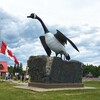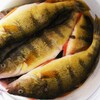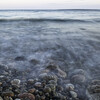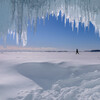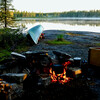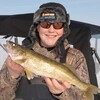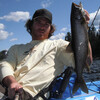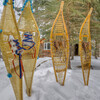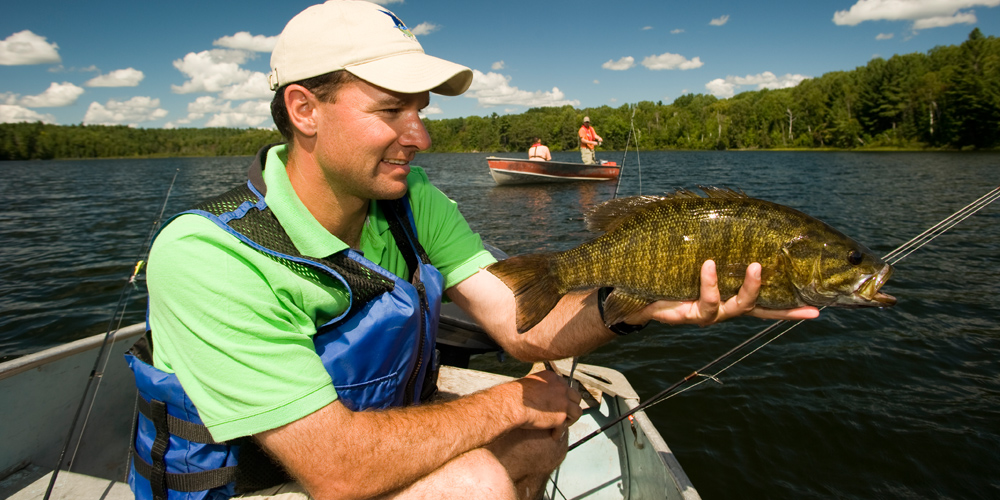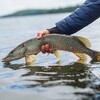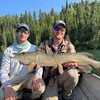
Huron Smallmouth on the Fly
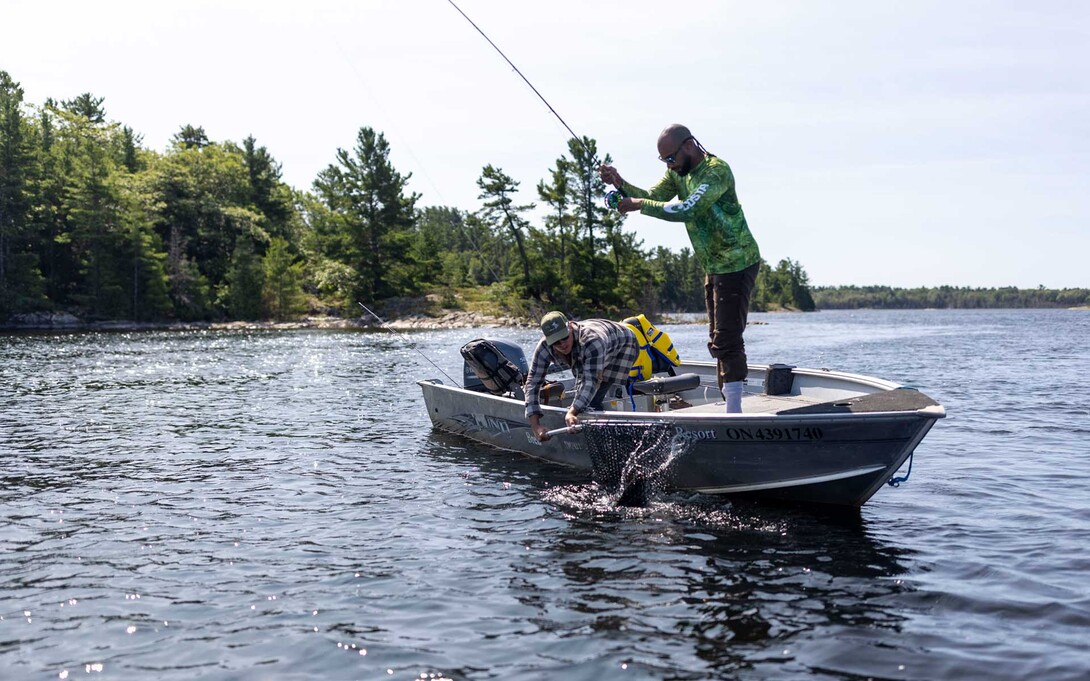
Big Water, Big Fish
Listen, we all know the drill. You find big water, you’re likely going to find big fish. And the North Channel of Lake Huron is some seriously big water. Now, it isn’t the main lake we were fishing. If you’re not familiar with the North Channel, it’s the expanse of water just on the other side of Manitoulin Island, the not-massive-open-Lake-Huron-water side. But it’s still big water, with seemingly endless fishing spots.
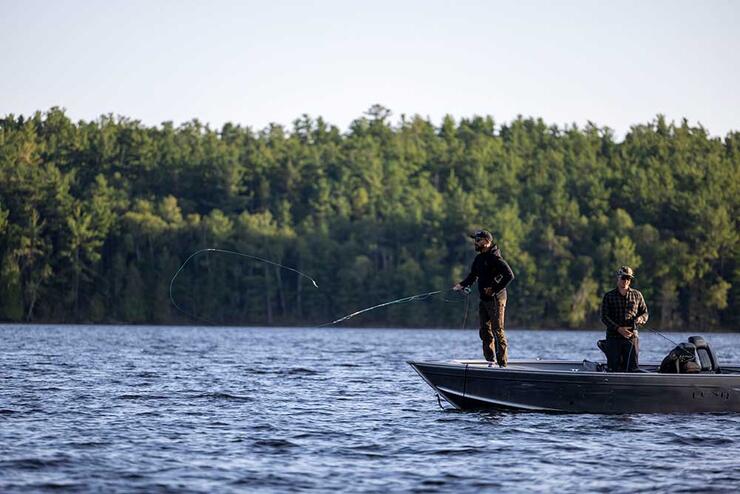
(Photo credit: The So Fly Crew)
The area is just peppered with islands and inlets – so many places to find structure and ultimately find fish. We came up to fish this body of water while staying at Brennan Harbour Resort near Spanish, Ontario and had guide Scott Currie join us. He showed us around, taking us to his favourite spots, and giving us pointers on flies, retrieves, spots – all of it.

(Photo credit: The So Fly Crew)
Thank heavens Scott was there. I’m fairly certain I’d still be boating around now, looking for my way back. If you’re heading out solo, bring a map. The islands and expanse of water can have you lost quicker than you can say ‘fish on!’ But that’s what makes this spot so fun. There is SO much to explore, and so many fish to try and fool.

Drift, Strip, Set
Much of our time fishing this area was spent using full sink, to intermediate sink fly lines. We needed to get down deeper to where the bigger boys were lurking. Fishing 20-30 foot drop-offs, using weighted flies, and full sinking lines proved to be the ticket. Mind you, we always had our floating lines nearby in case we found some skinny water with hungry pike, or even hit a popper point in the day where big fish were smacking surface bugs. But the sinking stuff was the workhorse of the weekend.
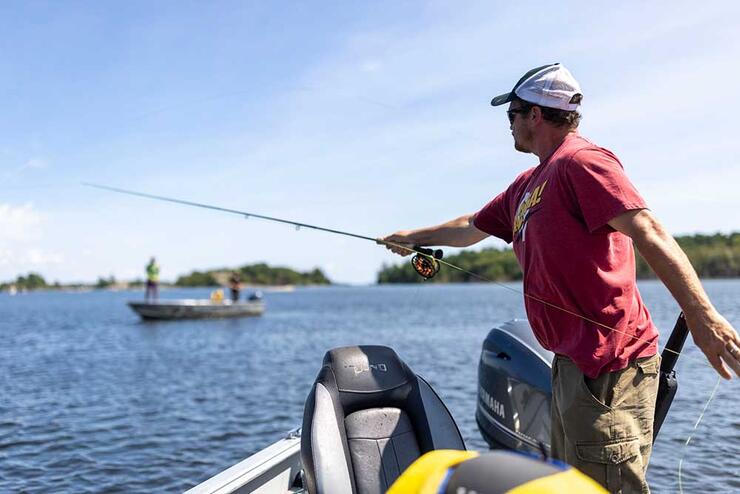
Much of our technique was based on finding the right drop-offs, letting our 50-60 feet of line, drifting with the wind, and slowly retrieving either crayfish, leech, or minnow patterns. This was enough to get cruising smallmouth interested in taking our flies.
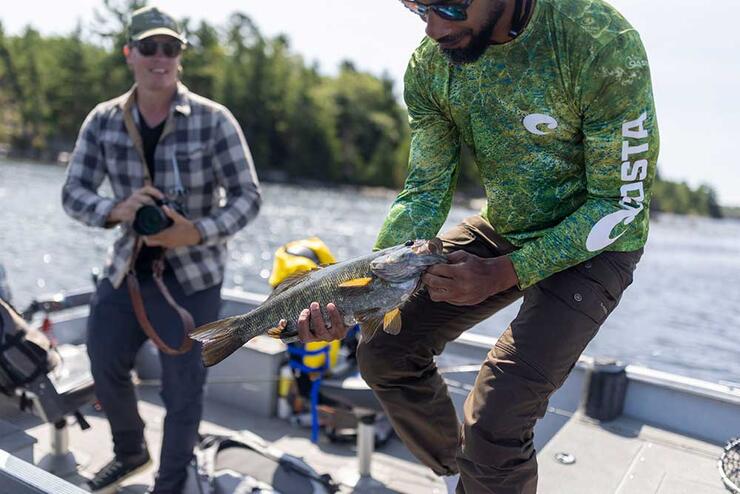
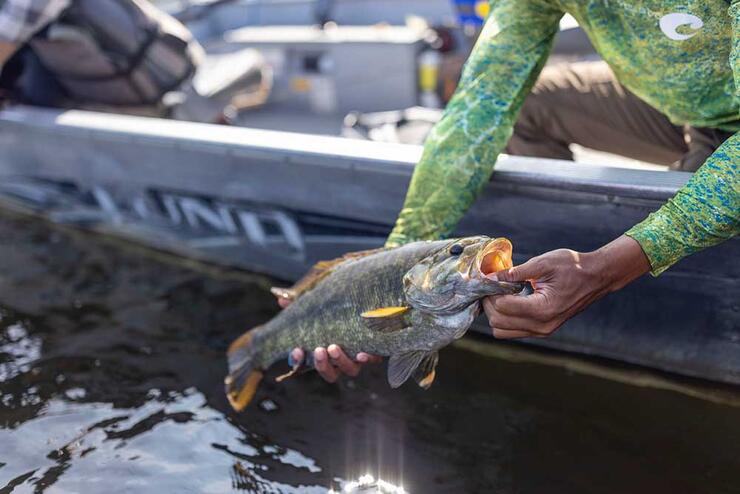
Flies, Baby!
Now, fishing big lake water like this for smallmouth and pike, pretty well any streamer pattern will do the trick. But I was staying true to the classic, simple patterns. Black and white marabou leeches, even Wooly Buggers, or conehead buggers to get a little more sink. I fished these plain, boring flies for most of the first day until Scott hooked me up with a dynamite pattern, a famous pattern of his own invention. Scottie’s McFly is a streamer boasting fluffy tufts of white marabou, orange hackle, a conehead, and a sparkle body. This fly was killer on these fish – I wonder why. Scott knows this water like the back of his hand and has been fishing these fish for years and years. Needless to say, I used the Scottie’s McFly the rest of the weekend and had a ton of luck in doing so.
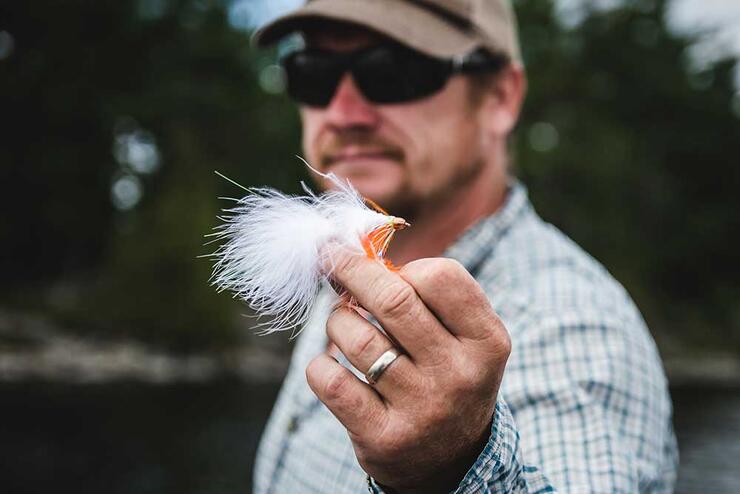
Prepare for Pike
If you’re planning on fishing this area for bass, good choice. You will have a ton of water to explore, and you will find fish. Once you find the pod, you’re on them. But be ready for toothy surprises. Pike will smash your fly in certain spots and could cut your line. Best to use a wire leader, wire bite, or even just a thick section of tippet to help withstand these toothy predators if they do decide to play. That being said, if you stick to cliché big bass water, you’ll probably be able to avoid them.

Fishing up here at Brennan Harbour is a fabulous way to spend a weekend. Just be ready for mass amounts of ‘what’s around this corner’ syndrome. When you see the water and allllllll the spots to explore, you’ll see what I mean.
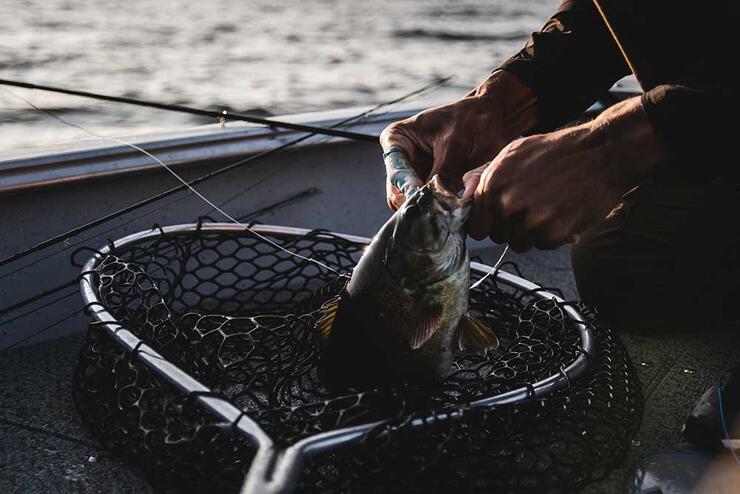
Recommended Articles

The Group of Seven in Algoma

9 Facts to Know about the Agawa Canyon Tour Train
